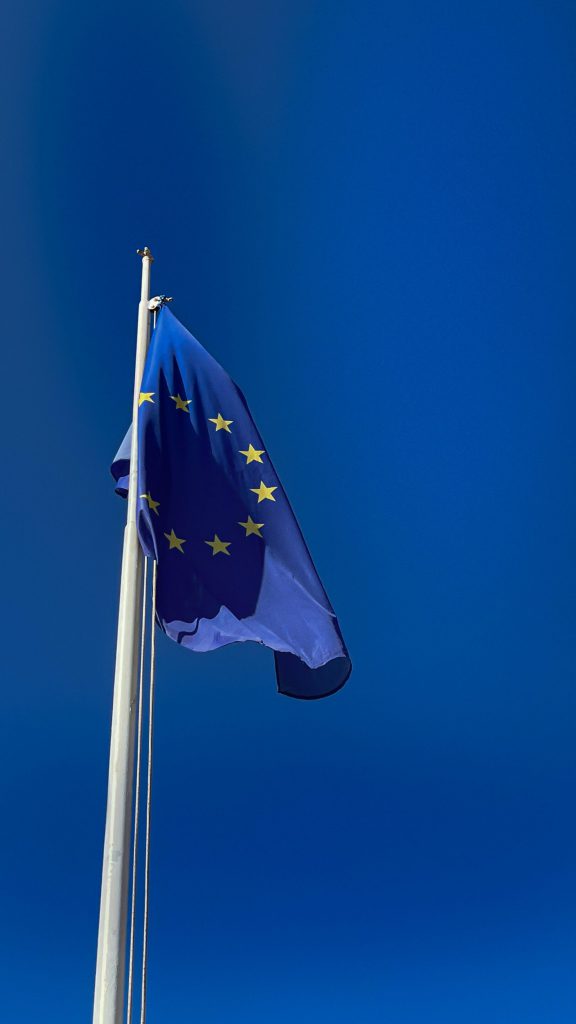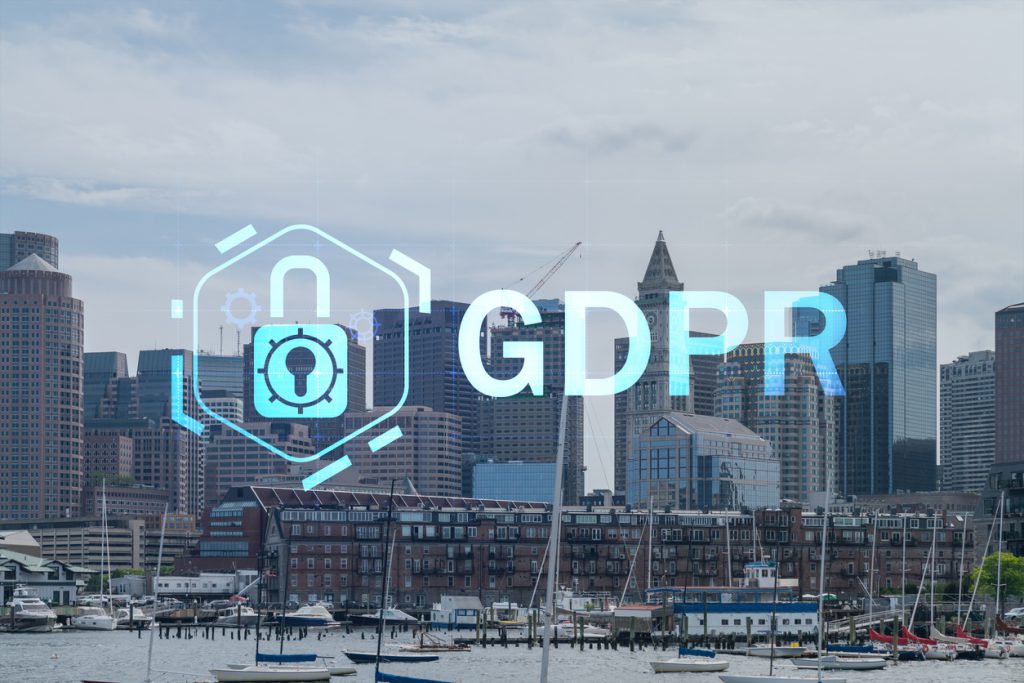With the General Data Protection Regulation (GDPR) dominating headlines and boardroom discussions, there’s a pressing question on the minds of many director-level marketing experts and beyond: Does the GDPR apply to EU citizens living outside of the European Union? And if so, how does this data protection law shape the strategies of companies located outside the EU?
The General Definition of General Data Protection Regulation (GDPR)
When discussing GDPR, it’s crucial to understand the breadth and depth of this European Union legislation. At its core, GDPR is designed to protect the personal data of EU citizens and residents, regardless of where the data is collected or processed.
- The Essence of GDPR: The General Data Protection Regulation is more than just a set of rules. It embodies the EU’s commitment to ensuring the privacy and protection of its citizens’ personal data. The scope of the GDPR is vast, with applicability extending far beyond the boundaries of the European Union.
- Who Does GDPR Apply To?: The primary misconception is that the GDPR only affects companies based in the EU. In reality, even companies outside the EU that process the personal data of EU citizens, especially those offering goods or services to EU residents, must comply with GDPR regulations.
- Data Collection and GDPR: Data collection has seen unparalleled growth in the digital age. When this data collection involves personal data of individuals in the EU or data from EU citizens, GDPR regulations come into play, regardless of the company’s location.
- GDPR Compliance Outside Europe: GDPR applies outside Europe as much as it does within the confines of the EU member states. Companies that are established in the EU or are processing personal data of data subjects in the EU, whether they’re providing services or not, are subject to the GDPR.
- Exceptions and Special Cases: While GDPR’s intent is clear, there are instances where the GDPR doesn’t apply. Such as data relating to criminal convictions or where the processing of data is not within the context of a company’s professional activities.
- Rights and Freedoms of Data Subjects: One of the most powerful aspects of the GDPR is the rights it affords EU citizens, from access to their data to determinations on how it’s processed. Regardless of where an EU citizen is living, their data privacy is protected by the GDPR.
- Determining Whether the GDPR Applies: This is where it gets particularly intricate. The applicability of the GDPR can be influenced by numerous factors. For instance, even if an EU citizen is residing in a non-EU country, certain provisions of the GDPR might still be relevant, especially if their data is being processed by companies located in an EU country or aiming to provide services to them.
- Ensuring Compliance: Companies must ensure they comply with GDPR rules, understanding the nuances that determine its applicability, and instituting robust data protection protocols.
EU Citizens and the Intricacies of GDPR Outside the EU
When discussing the applicability of GDPR, it’s essential to consider the vast number of EU citizens living and working across the world, notably in the US. The United States, being a hub for global commerce and technology, poses unique challenges and questions:
- Citizens Living in the US: Just because an EU citizen moves to the US doesn’t automatically exempt companies from GDPR considerations. If they process the personal data of EU citizens, even those residing in the US, they must remain compliant with GDPR regulations.
- Data Protection Law Differences: While the US has its own set of data privacy laws, they aren’t always in alignment with the GDPR. Thus, companies operating within the US but dealing with EU data must be aware of both sets of regulations.
- US Companies and EU Data: Companies based outside of the EU, especially in the US, might find themselves processing data of EU citizens, be it for sales, marketing, or other professional endeavors. In such scenarios, understanding whether the GDPR applies becomes paramount.
- GDPR and US Tech Giants: Many tech giants, with user bases that span the globe, have had to adapt their strategies and policies to ensure they’re in line with GDPR rules, showcasing the regulation’s international reach.
- The Role of Data Controllers: In many cases, US companies act as data controllers, determining the purpose and means of processing personal data. This role places a heavy responsibility on these entities to comply with GDPR when dealing with EU data.

Rights of EU Citizens Living in the US and in the European Union Under GDPR
One of the foundational pillars of GDPR is the emphasis on the rights of EU citizens. Whether living in an EU country or elsewhere, these rights remain intact:
- Access to Data: EU citizens have the right to know if their personal data is being processed, where, and for what purpose. Companies must provide a copy of the personal data, free of charge, in an electronic format.
- Right to be Forgotten: Also known as the right to erasure, EU citizens can request their personal data to be deleted and cease further dissemination.
- Data Portability: GDPR introduces data portability, allowing EU citizens to receive personal data concerning them, which they’ve previously provided, and have the right to transmit that data to another controller.
- Informed Consent: Companies can no longer use long, convoluted terms and conditions. Information and consent requests must be in clear and plain language, ensuring EU citizens know what they’re consenting to.
- Breach Notification: In the event of a data breach, companies are required to notify the affected individuals within 72 hours of first having become aware of the breach.
The landscape of data privacy law is ever-evolving, and GDPR has set a benchmark for the world to follow. For companies, the ramifications of non-compliance are immense, not just in terms of financial penalties but also in terms of reputation.
For director-level marketing professionals and beyond, understanding the reach and intricacies of GDPR is imperative. The question isn’t just about where the EU citizens are based, but more about where their data travels and how it’s processed.
Interested in navigating the complex world of GDPR with ease? Reach out to Wizaly, the trusted name in GDPR compliant marketing attribution, and ensure your strategies are always on the right side of the law.



